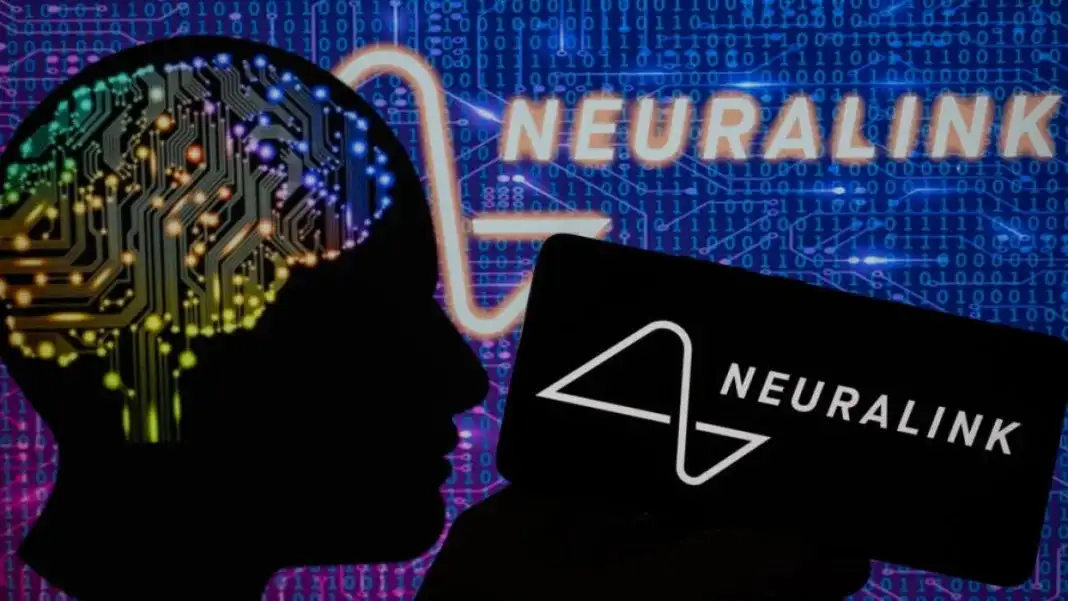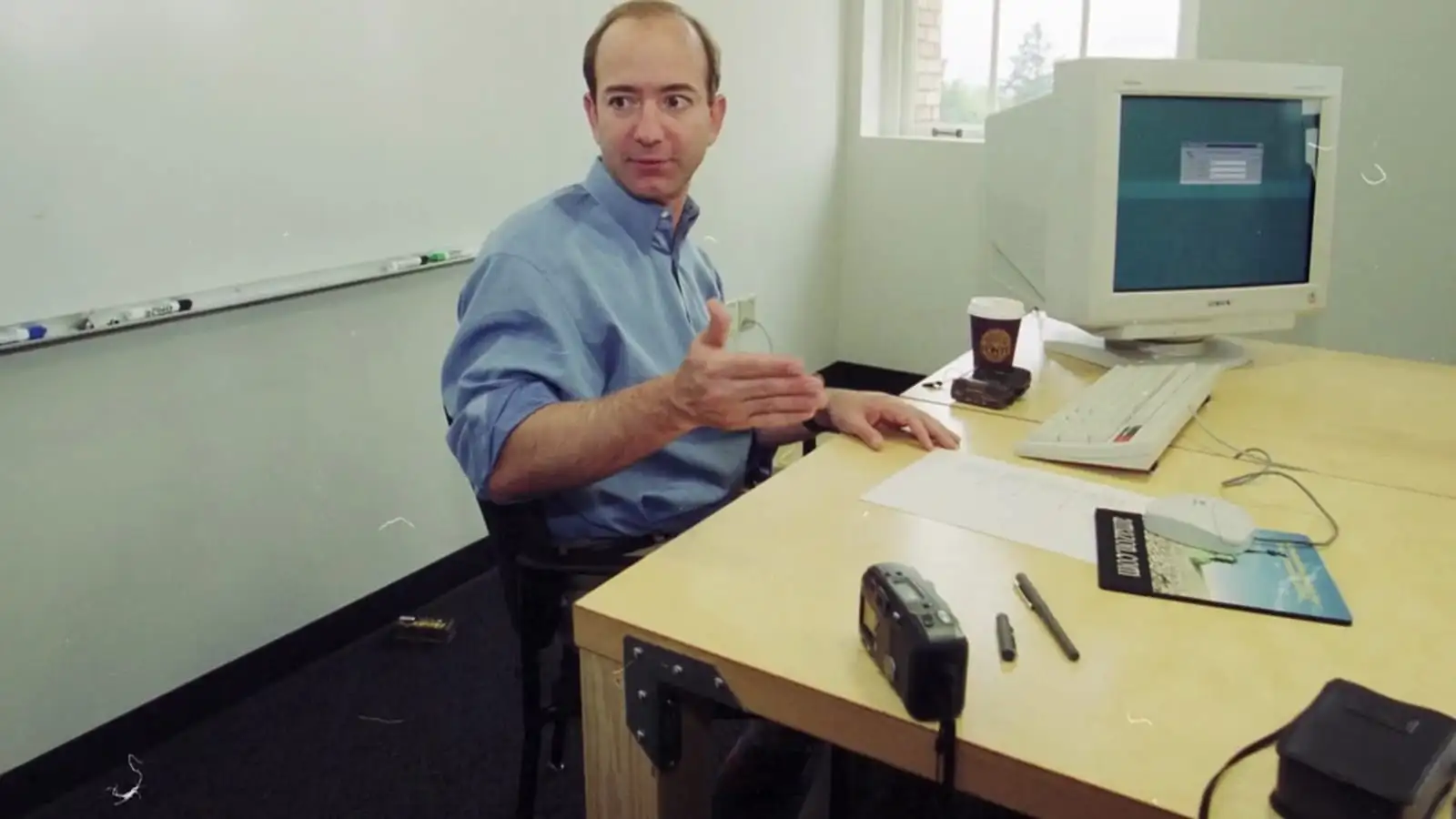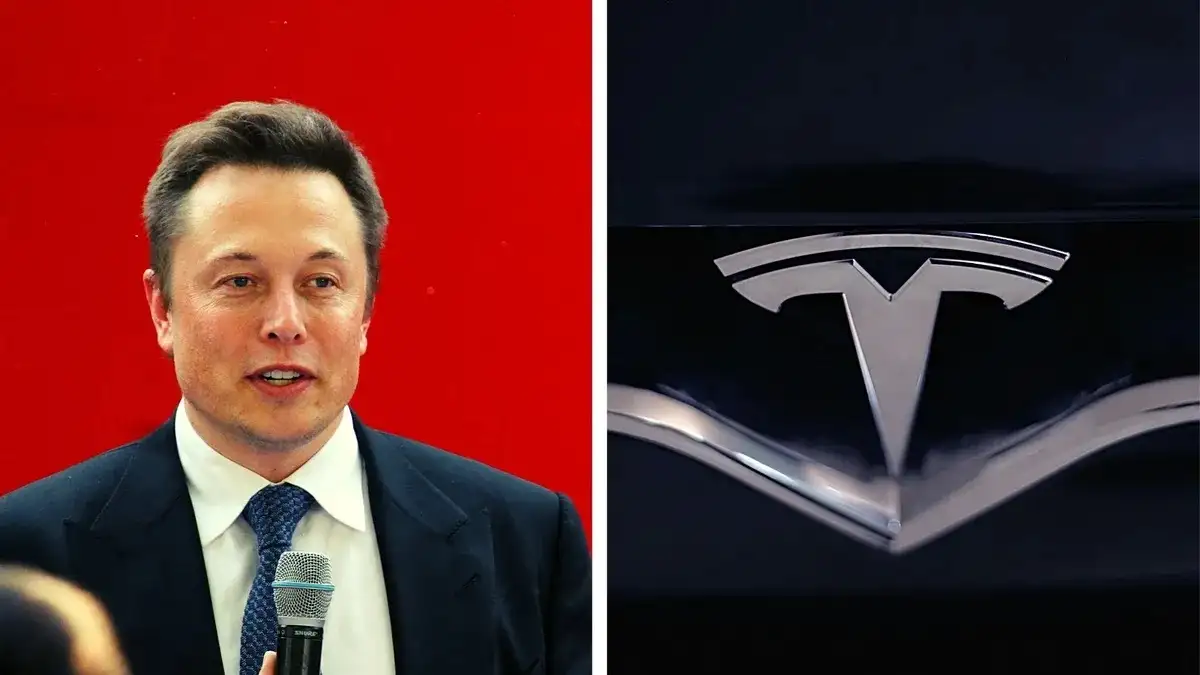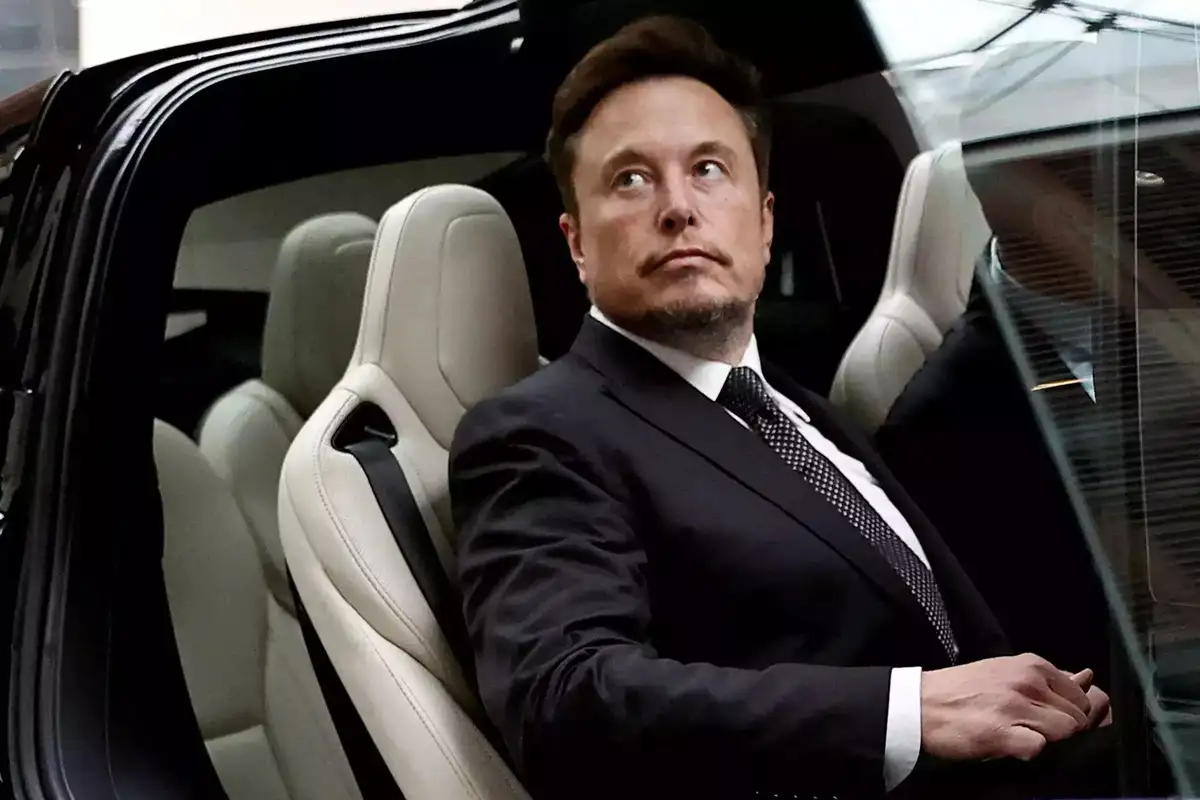“The first person to receive a Neuralink brain implant yesterday is recovering well,” Musk tweeted on X on January 30 (Hanoi time). “Early results are promising for the ability to detect neuronal mutations.”
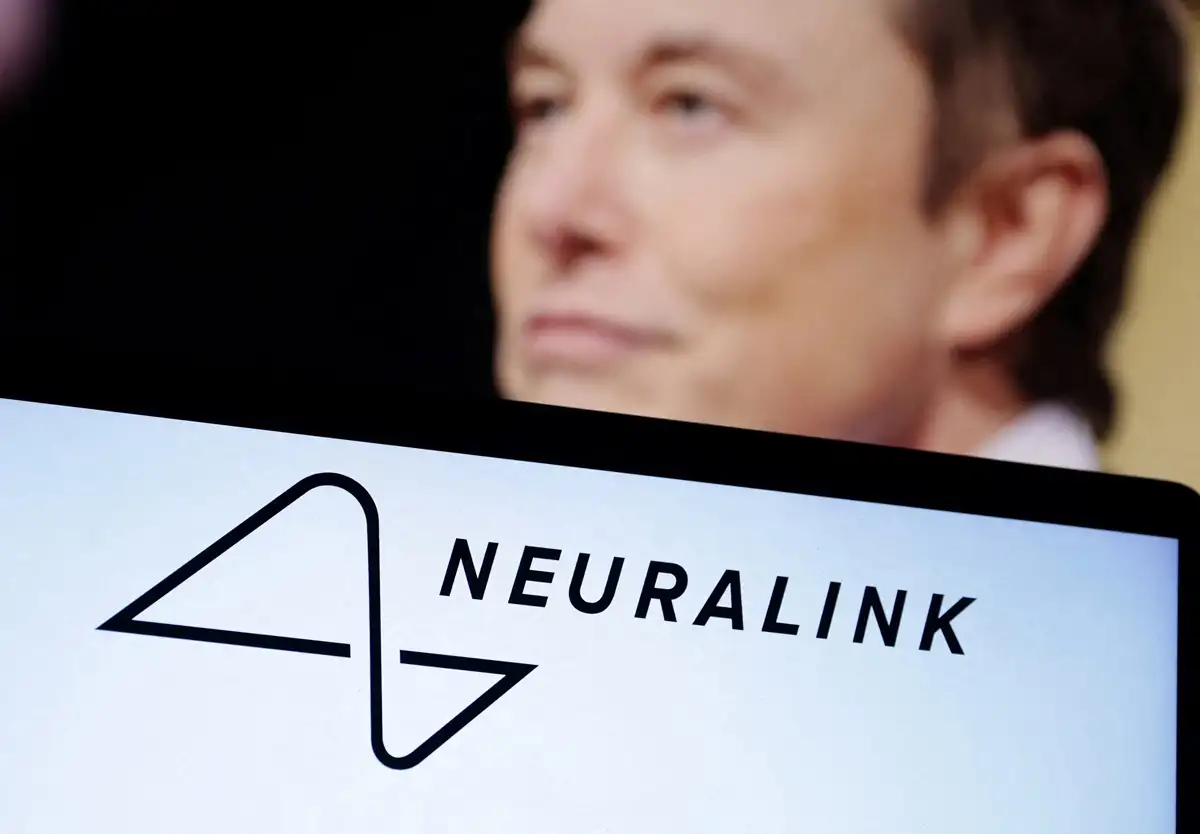
This is the first time Musk has mentioned the trial results since May last year, after Neuralink was approved by the U.S. Food and Drug Administration (FDA) to implant chips in human brains. “This is an important milestone for the future, as our technology will be applied to help more people,” Neuralink wrote on X on May 25, 2023, which was shared by Musk with the message: “Congratulations to the team.”
Neuralink has been recruiting volunteers for the trial. On September 19, 2023, the company said it had passed an independent review by a panel of experts and physicians in the United States, allowing it to begin trials in paralyzed people.
Two months later, Ashlee Vance, who wrote Musk’s first biography in 2015, said thousands of people had signed up to participate in Neuralink’s trials. “Despite the interest, the company has yet to find its first suitable candidate,” Vance said at the time.
According to Reuters, with Elon Musk‘s announcement, Neuralink may have found a candidate for the implant. However, the company declined to comment when contacted by the outlet.
Previously, Ashlee Vance described how the brain chip implant surgery takes several hours to cut a hole in the skull, followed by 25 minutes for a robot to insert the device along with a thin chip component with about 64 different wires. The wires are so thin that they are only 1/14 the width of a human hair.
Neuralink was co-founded by Musk in 2016 with seven other members, but most have since left. The company’s goal is to develop a successful brain-computer interface that will allow humans to merge with AI in the future. However, the company is currently facing stiff competition from startups such as Synchron and Onward. “Musk has warned Neuralink that it needs to accelerate like the world is facing an apocalypse,” Vance said.
Neuralink’s goals
Neuralink’s goal is to develop a brain-computer interface that will allow humans to control computers and other devices with their thoughts. The company believes that this technology could have a wide range of applications, including helping people with paralysis, improving brain health, and even creating new forms of art and entertainment.
Neuralink’s technology is still in its early stages of development, but the company has made significant progress in recent years. In 2022, the company successfully implanted a brain chip in a monkey, which was able to control a computer cursor with its mind.
The successful implant in a human is a major milestone for Neuralink. It suggests that the company’s technology is safe and effective, and it opens the door to further clinical trials.
The future of brain-computer interfaces
Brain-computer interfaces have the potential to revolutionize the way humans interact with the world around them. If successful, this technology could make it possible for people with paralysis to walk again, for people with brain injuries to regain their cognitive function, and for everyone to experience the world in new and innovative ways.
It is still too early to say what the future holds for brain-computer interfaces. However, the successful implant in a human by Neuralink is a major step forward in the development of this promising technology.

